
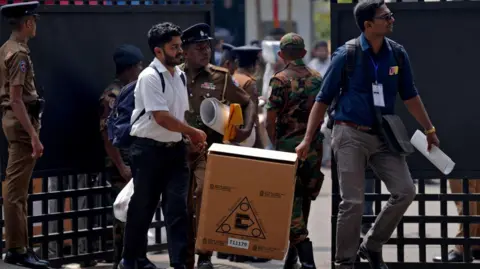 Reuters
Reuters
Polling will follow a largely peaceful and low-key campaign
Sri Lanka’s 17.1 million voters head to the polls again on Thursday to vote in snap parliamentary elections, barely seven weeks after choosing a new president.
More than 8,800 candidates are in the fray in an election marked by a low-key campaign.
Voting begins at 07:00 local time (01:30 GMT) and ends until 16:00 (10.30 GMT). Counting will start in the evening and results are expected on Friday.
Out of 225 seats in the parliament, 196 MPs will be directly elected. The rest would be nominated by political parties based on the percentage of votes they get in what is known as proportional representation.

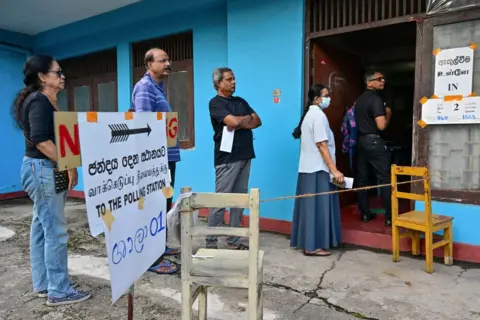 Getty Images
Getty Images
Sri Lankans are returning to the polls barely seven weeks after choosing a new president
"Over 8,800 candidates belonging to 49 political parties and 284 independent groups are contesting the elections but only around 1,000 candidates have actively campaigned," Rohana Hettiarachchi, executive director of poll monitoring group People’s Action for Free and Fair Elections, told the BBC.
High inflation, food and fuel shortages precipitated a political crisis in 2022 which led to the ousting of President Gotabaya Rajapaksa. His successor Ranil Wickremesinghe managed to negotiate a bailout package worth $3bn with the International Monetary Fund - but many Sri Lankans continue to feel economic hardship.
"We are still stuck with the problems we faced before. We still don't have financial help even to fulfil our daily needs," 26-year-old garment factory worker Manjula Devi, who works in the Katunayake Free Trade Zone near Colombo, told the BBC.
The number of people living below the poverty line in Sri Lanka has risen to 25.9% in the past four years. The World Bank expects the economy to grow by only 2.2% in 2024.
"Sri Lanka has still not recovered from the 2022 economic crisis, even with the IMF bailout," Raisa Wickrematunge, deputy editor of Himal Southasian magazine, told the BBC.
"I am typing this from the Sri Jayawardenapura general hospital, a public hospital which is switching off its lights and fans to try to bring down skyrocketing electricity costs."
In 2022, the country defaulted on its foreign debt for the first time, forcing it to seek debt restructuring deals.
Observers expect a multi-cornered contest in the general election, which may ultimately dent the chances of President Anura Kumara Dissanayake's party, Janatha Vimukthi Peramuna, enacting ambitious reforms.
“Analysts predict he may struggle to get two-thirds and may have to rely on coalitions. This would make his task much more difficult,” says Raisa Wickrematunge.
The election campaign has been largely peaceful with no reports of poll-related deaths or large scale misuse of government resources.
"Violence is negligible compared to previous elections. It will be peaceful elections," hopes Rohana Hettiarachchie.

 1 month ago
114
1 month ago
114

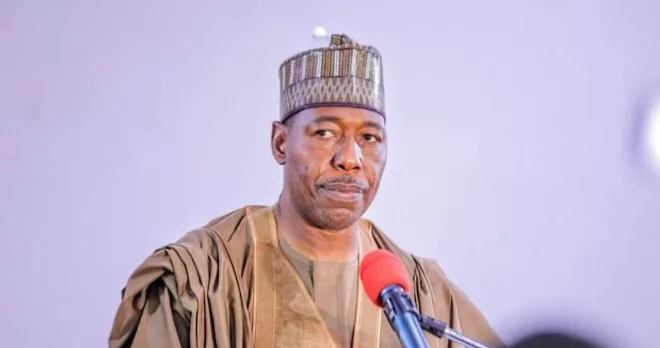




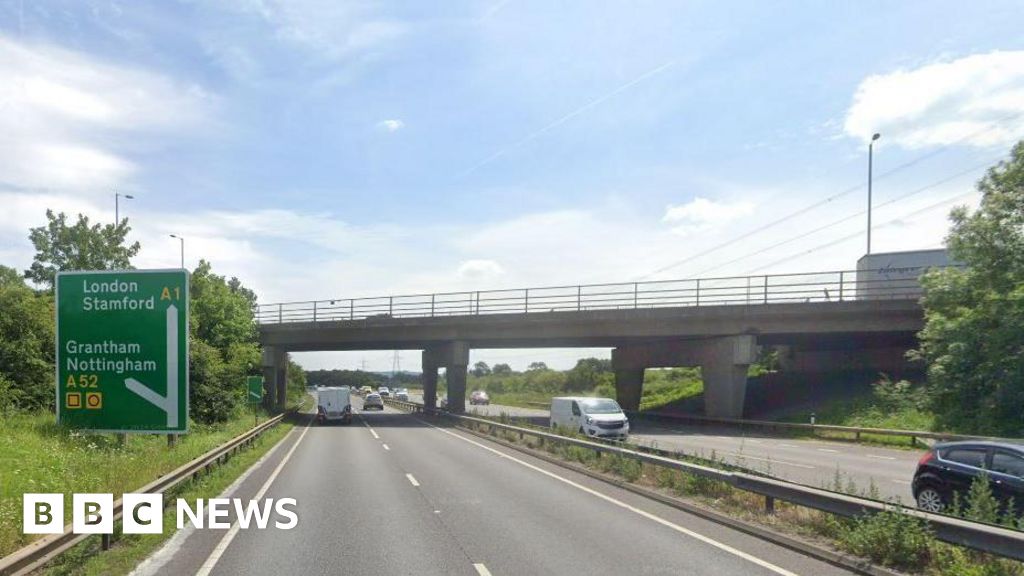

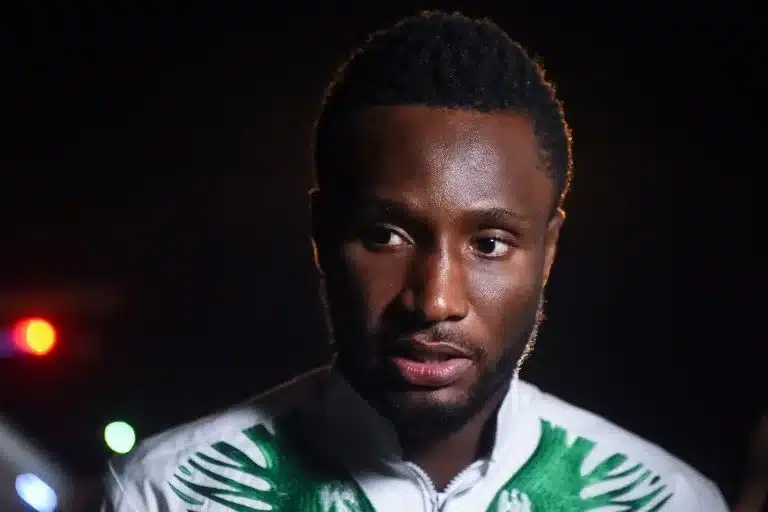




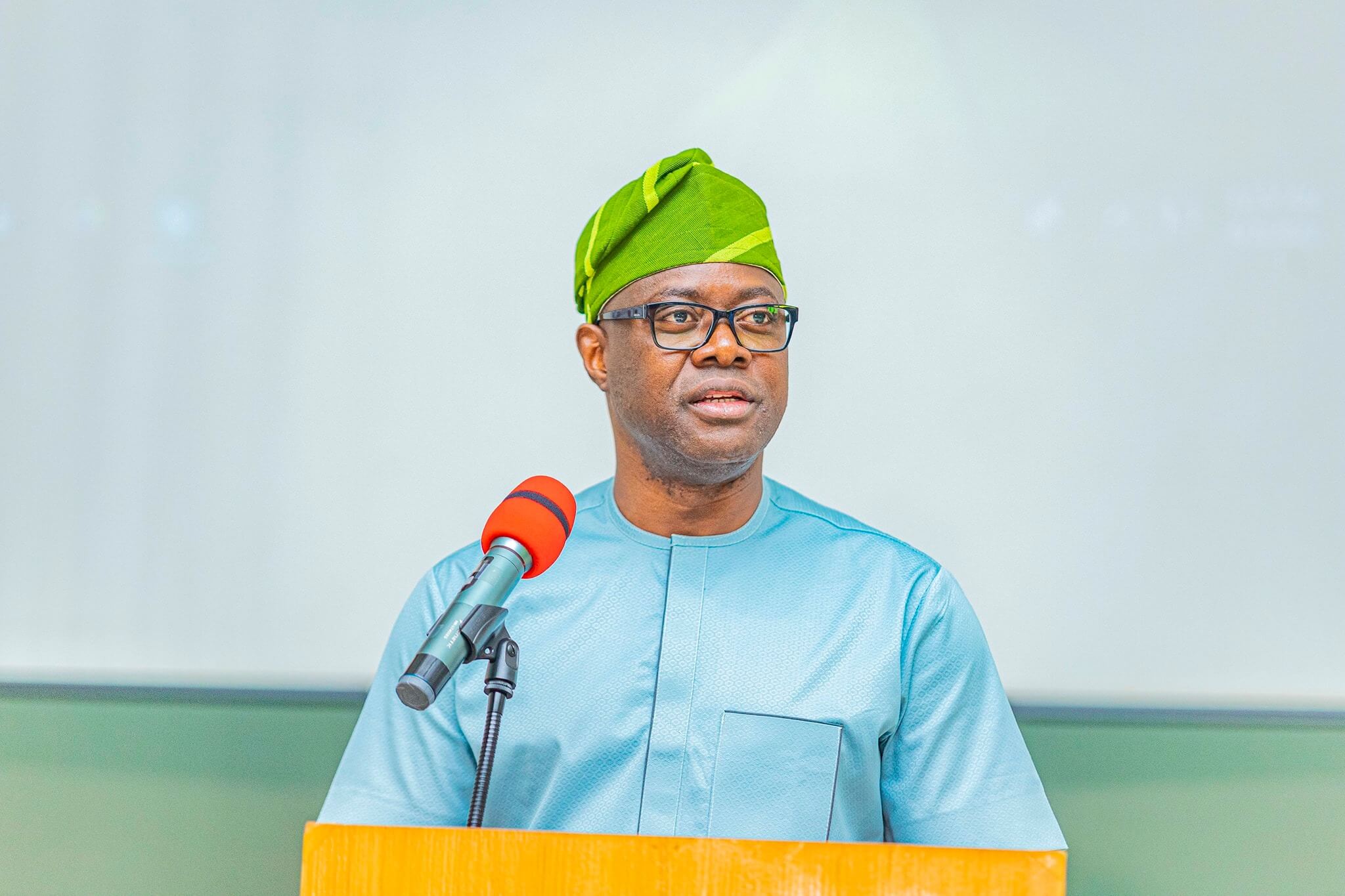

 English (US) ·
English (US) ·